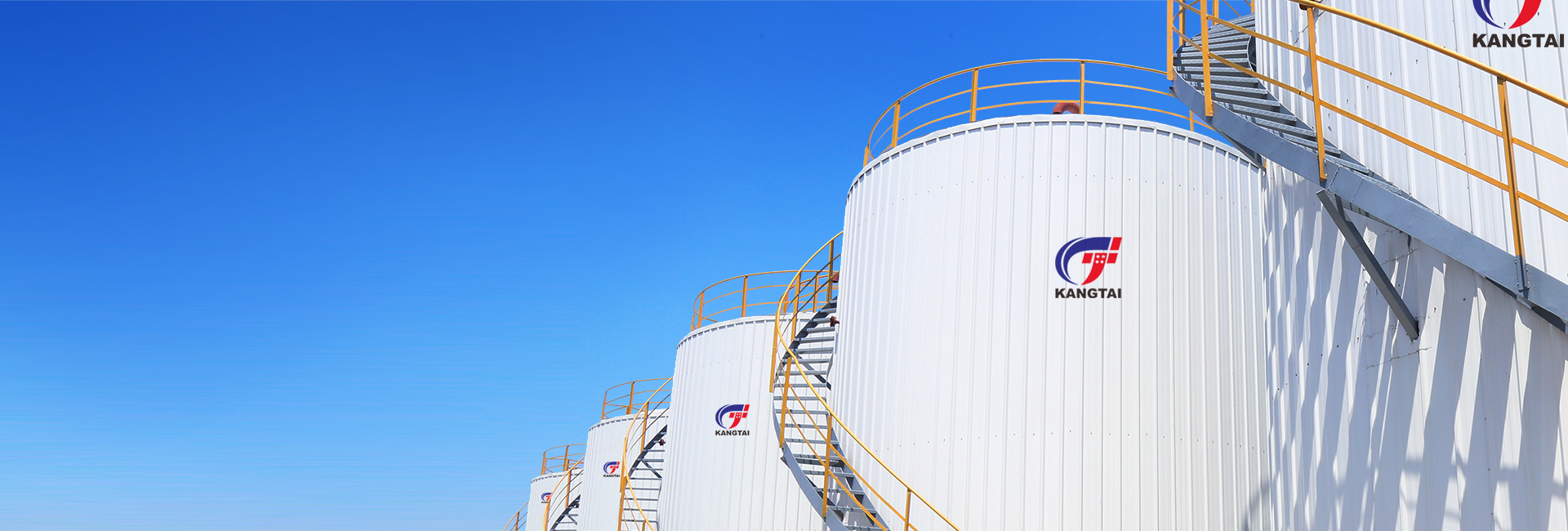Jinzhou Kangtai Lubricant Additives is awaiting securities regulatory commission approval to file an initial public offering on the Shenzhen Stock Exchange.
Kangtai aims to raise around 282 million (U.S. $41.5 million) for three projects: a facility to produce 90,000 metric tons of additives per year; a research and development center; and a national sales and technical support network. The firm is already listed on Beijings alternative investment board in Beijing, but craves a far greater investment for further development, according to its prospectus.

Photo: Kangtai Lubricant Additives Co
Kangtai primarily makes individual components such as sulfonate detergents and ashless dispersants, but its research center will be dedicated to developing both individual and packaged additives to attract more clients abroad. Kangtai does have businesses overseas, but its clients are mostly in Asia and the Middle East. Kangtai estimated that it held a 2.88 percent share of the domestic lubricants additives market in 2016 and less than a percentage point of the market outside China.
In its prospectus, Kangtai acknowledged that it is currently difficult for the company to compete with the four major multinational additives suppliers – Chevron Oronite, Afton Chemical, Lubrizol and Infineum – as the company lacks resources in R&D.
In China, however, it is confident enough to challenge domestic rivals like Tianhe Chemicals, which is also based in Jinzhou, Liaoning province. Tianhe filed an IPO on the Stock Exchange of Hong Kong in 2016, but its trading has since been suspended.
There is indeed little difference in quality and R&D capacity among major Chinese private additives companies, said Yao Wenzhao, a technical consultant at Xian, Shaanxi province-based lube producer Jarn Industrial Co.
You dont see sophisticated packaged additives by private Chinese companies, he remarked. Why? Because they dont have the resources that multinationals and state-owned companies have to invest in R&D capacity. As for single additives, the whole process from R&D to manufacturing is well-established, so the quality among companies is very similar.
Yao noted that at the current stage, it is very difficult for Chinese private companies to expand in developed markets. Environmental issues are a major reason. For example, to export to the European Union, a company has to ensure additives fully comply with the EUs REACH (Registration, Evaluation, Authorization and Restriction of Chemicals), which so far lists 173 substances of very high concern, including trixylyl phosphate, which is sometimes used in extreme pressure additives.
It could be too costly for a Chinese private company to bear, Yao said.
Yaos former long-term employer, China National Petroleum Corp., has been investing heavily in additives development and testing devices without exposing many details outside the company, he pointed out.
CNPCs additives are for its own lube businesses, he continued. Should CNPC intend to make additives an independent business, it would be capable of competing against multinationals in both single and packaged additives in the global market.